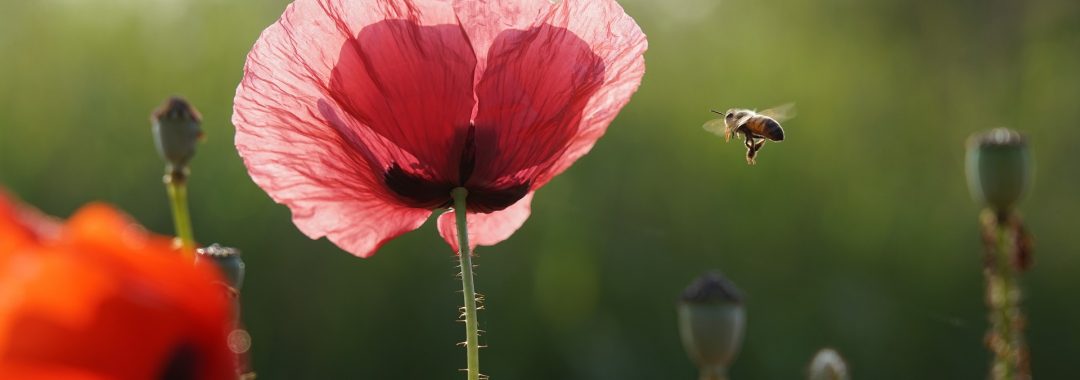The COVID-19 Global Pandemic has been the top story for nearly six months. No other event in our recent history has affected us so intensely and so rapidly as this virus. Unlike other traumatic events like the 9-11 Terrorist Attacks, our response to this crisis faces many obstacles as our normal sources of comfort and support are no longer available. Social gatherings, acts of embracing, and other face-to-face encounters are discouraged due to the spread of infection. We are unable to mourn publicly, engage in rituals, and share traditions that bring family and friends together in close proximity to one another.
Self-distancing and mandatory isolation pose several challenges. Humans are relational beings. When we grieve, our entire being-physical, emotional, and spiritual- requires human interaction and contact. A hug, a warm embrace, or even a gentle handshake brings immense comfort at times when words are unable to convey the support we need. During the pandemic, personal safety is critical, and we are duty-bound to observe the health care guidelines from local, state and federal agencies. With these limitations and restrictions in place, we still require support, comfort and reassurance as we continue our grief work. So where do we find these avenues of healing at a time when all access to them are temporarily blocked?
Our quest for a “new normal” following the death of a loved one requires an adjustment to our overall well-being. The physical, emotional, and spiritual aspects of our grief journey are essential markers that indicate what we have achieved and the work that remains. For many, faith plays an important role in the bereavement process. We rely on our beliefs to guide us through our grief following the death of a loved one. The current Corona Virus pandemic challenges our ability to live our faith in ways that we have not seen in modern history. During other times of uncertainty, we gathered in houses of worship, offered prayers and embraced one another for comfort and support. With the current health crisis, we face an additional challenge of self-isolation and are prohibited from assembling in those sacred spaces that provide a sanctuary for healing and renewal.
Faith communities have addressed some of these concerns by offering live streaming of their worship services on the Internet. This alternative to the traditional gathering gives comfort and support for many while creating a sense of community, linked with others via the web. Some seek comfort by quiet reflection, meditation, and spiritual reading as solitude centers our spirit and leads us to a deeper contemplation of the “Divine” and the world around us. Others will venture on nature walks and enjoy the outdoors with reminders that life continues in its vibrancy as flowers bloom, birds sing, and animals go about their normal daily routine unaware of the concerns and cares of the world around them.
Our physical well-being serves as another marker in our bereavement journey. Many find comfort in simple pleasures such as gardening. Our return to the soil is an inherent desire and need to reconnect with nature. A garden offers an opportunity to find a sense of belonging with our historical past. Many of us can remember our parents or grandparents who transformed their back yards into lush rows of vegetables, fruit trees, and berry bushes. As we are deprived of human contact with those we love, the chance to place our hands in the soil and feel the moist cool earth, provides us with some semblance of normalcy. For those of us limited by age or other factors, container gardening on the patio offers the same pleasure and rewards liberating us from the grip of isolation.
While we struggle with the restrictions and limitations of the global pandemic, we need to assess our well-being during our journey of grief. How are we handling the loss of our loved one? What are we doing to address the loss? What makes us hopeful and happy? We need to remind ourselves of our strengths and implement approaches that have worked in previous times with some adjustments to meet today’s threat. Although the journey may be difficult, we must acknowledge the darkness and look forward to the light. In other words, we accept the pain and loss from the death and take action that directs us toward healing and restoration.
No matter where we find ourselves today, the world is still a beautiful place. Nature is resilient, and so are the creatures that inhabit this world. It remains important for us to place our current suffering in a larger context, to seek ways to be empowered, to be useful to one another, and to address and reduce the suffering. Viktor Frankl, the famous Psychotherapist and Holocaust survivor, once said, “We may not be able to choose our suffering, but we do have the opportunity to choose the attitude we take to our suffering.” By taking action, we discover that we are not helpless; we do have choices, and those choices matter. Be well and live life to its fullest.
